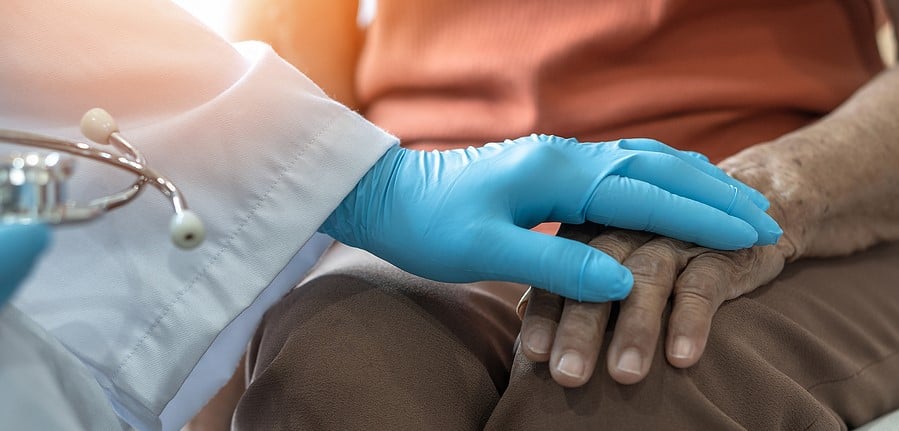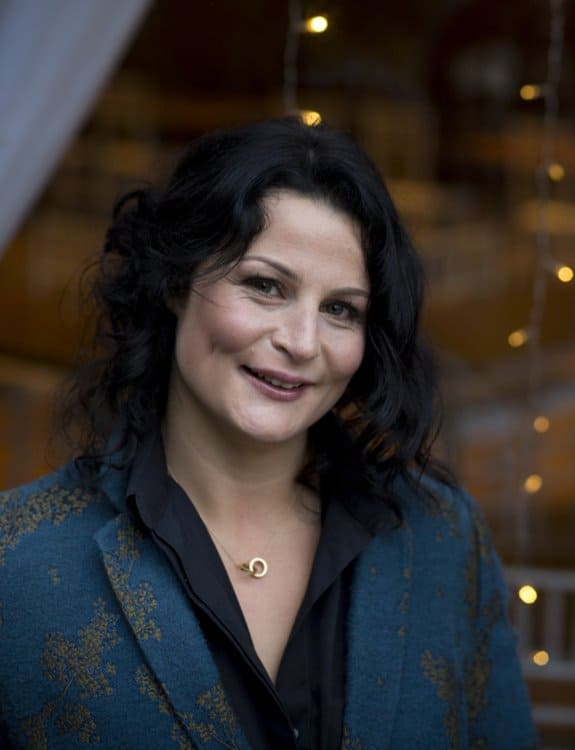
In the United States, an estimated 25 million Americans live with a rare disease. Defined as a disease affecting fewer than 200,000 people in the US, rare disease is often chronic and life-threatening and has a profound and unique impact on both the patient and their family. Only 5% of known rare diseases have a cure.
In 1983, the Orphan Drug Act was passed to help create “financial incentives to encourage companies to develop new drugs for rare disease.” Within the text of this legislation the official definition of rare disease, or “orphan disease” was established. Since the Orphan Drug Act was enacted, we’ve seen a massive uptick in funding for rare disease research and development. In 2019 alone, the FDA’s Orphan Products Clinical Trials Grants Program awarded $15 million worth of grants to support 12 new clinical trials.
This funding indicates a desire to improve the physical condition of those with a rare disease. But this focus on the physical aspect neglects the psychological impact of a rare disease diagnosis, on both the patient and their support network.
How a Rare Disease Diagnosis Impacts Patients and Families
The moment of a rare disease diagnosis stays with those affected for the rest of their lives. But it can go one of two ways.
When this moment is handled poorly, it causes further harm to individuals and their families. Without proper support during the diagnosis stage, families struggle, relationships break down, and engagement with treatments can wane.
This is an issue close to my own heart, as my mother was diagnosed with Primary CNS lymphoma, a rare cancer that starts in the central nervous system. The moment of diagnosis is something I’ll never forget and came after a lengthy battle with hospital admissions, tests, and several incorrect diagnoses.
Once we had this diagnosis, the focus was on my mother’s physical health, and rightly so. Mental and emotional support weren’t prioritised at all during the complex treatment plans, despite the mental health toll it took on all of us involved. This pattern isn’t uncommon.
However, when this key moment of a rare disease diagnosis is handled well, the positive impact can be large and far-reaching, and it can give patients and families the support they need to manage this situation.
The Research Gap
All too often, families are left without the proper support they need to handle a rare disease diagnosis. Even outside of this specific circumstance, the majority of those who need mental health support worldwide lack access to the appropriate services and widespread disruption due to COVID-19, according to WHO.
Dr. Tom Kenny, CEO of Rare Disease Research Partners said, “Good psychological care does not have to be expensive, complicated, or require complex equipment or medicines, but it does have to be there. In its absence, families are left to get through this journey with very little professional support, and those who want to support don’t have the framework to do so.”
There is a clear research gap on the mental health impact of a rare disease diagnosis. Clinical research can diminish treatments gaps and improve access to the high-quality treatment someone may need. A framework is needed for families and healthcare professionals to support those affected by a rare disease diagnosis. Our industry needs to work together to gain a better understanding on mental health and rare diseases.
To learn more about RBW Consulting’s research project on the mental health impact of a rare disease diagnosis and keep up to date on developments, please email emma.thorp@rbwconsulting.com
About the Author:

Emma Thorp
Chief Growth Officer, RBW Consulting
Emma Thorp brings over 15 years’ experience working with life science leaders, with a focus on executive search and selection needs. Prior to RBW Consulting, Emma was the Managing Director at Thorp Associates UK, a search consultancy she founded in 2016 and led until its merger with RBW Consulting in 2020. As part of the merger, Emma joined RBW’s board as the company’s Chief Growth Officer. Emma’s goal at RBW is to expand and lead the executive search and consulting services and ensure quality of delivery across all teams.
Throughout her impressive career, Emma has become a trusted advisor, demonstrated by her long-standing client relationships and a strong reputation in the industry. She is renowned for taking a holistic view of a business’ priorities and identifying the optimum people to deliver on them. Emma’s blend of insight, challenge and collaboration makes her a strategic asset to all her partners.
Emma also spearheads RBW’s initiative to use a portion of its profits to fund clinical research that supports patient wellbeing. Emma has also sat on the board for Brigitte Trust, an independent registered charity offering emotional support and practical help at home to people and their families living with cancer, MND, MS, heart and lung failure and other life-threatening illness.